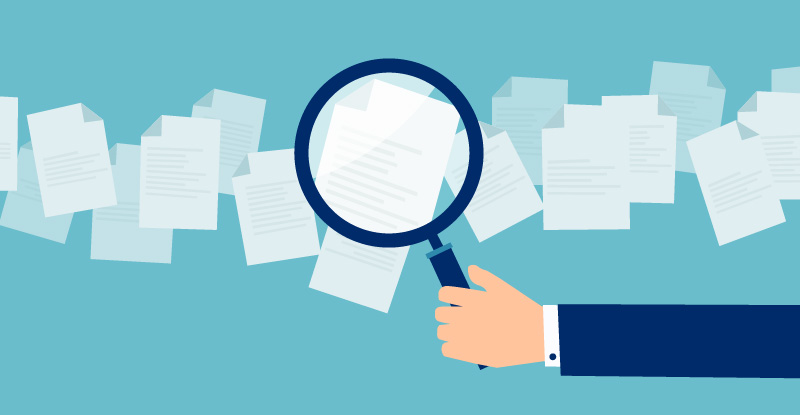
Financial literacy is one of the most important life skills we need to navigate adulthood confidently, yet it is not something that we are formally taught. Whether you’re earning your first paycheque or looking to build generational wealth, avoiding common money mistakes is key to building long-term security and peace of mind.
Here are five of the most common money mistakes that many people make – and more importantly, how to fix them.
1. Living paycheque to paycheque
The mistake: If you’re constantly counting down to your next payday, you’re not alone. Many households operate without a financial cushion, which can lead to high stress and vulnerability to unexpected expenses.
The fix: It is important to track where your money is going. Sometimes tracking even one month of expenses can reveal things that you didn’t realize. An effective savings strategy is to set up automatic transfers, either weekly or monthly, that go directly into your savings account. Fifty dollars per paycheque can add up quickly! The goal is to save three to six months' worth of expenses in a savings account for emergencies.
2. Delaying investing
The mistake: Many people put off investing, thinking they don’t have enough money, or they’re waiting until they “know more.” Meanwhile, time – the most powerful factor in wealth-building – is slipping away.
The fix: You can start investing with as little as $20 a month. For those who may not feel confident to do it themselves, there are options like robo-advisors or financial advisors that can guide you along the way. It’s important to know the benefits of using different investments and accounts available to maximize your gains and minimize your taxes.
3. Carrying high-interest debt (especially credit card debt)
The mistake: Credit card balances can feel harmless until the interest kicks in. Many people simply pay the minimum balance due on their credit card statement. This creates credit card debt that charges interest at rates often exceeding 19%! This balance, if not paid off, continues to incur interest over time.
The fix: Make it a priority to eliminate high-interest debt. If you’re carrying multiple debts, try the avalanche method (pay off the highest-interest debt first) or the snowball method (pay off the smallest balance first for quick wins). Consolidating debts (moving it all to one place) can help those with multiple debts stay organized with one payment. The key thing to avoid, if possible, is increasing your debts while trying to pay off existing balances.
4. Ignoring insurance and financial protection
The mistake: We don’t like to think about emergencies, illness, or worst-case scenarios but it is important to consider them as they may have a financial impact on you and your loved ones. Many people are underinsured or don’t realize they need insurance to support them if needed.
The fix: Take the time to assess your risk. Do you have enough coverage if you become unable to work due to injury or illness? Would your loved ones be financially secure if something happened to you? Look into health, disability, and life insurance that fits your needs and stage of life. It’s not just about protecting your income – it’s about protecting your peace of mind.
5. Not setting clear financial goals
The mistake: It’s easy to fall into impulsive spending traps or simply “getting by” without clear financial goals. When you make money but feel like you don’t have much to show for it, this could be a clear signal to revisit your goals.
The fix: Set SMART goals: Specific, Measurable, Achievable, Relevant, and Time-bound. Whether it’s saving for a home, a vacation, debt repayment, or early retirement – write it down, break it into smaller milestones, and review it regularly. Tools like budgeting apps or even a simple spreadsheet can help keep you focused and accountable when it comes to money management.
Final thoughts
Money mistakes happen to everyone – even the most financially savvy people make missteps from time to time. The key is to catch them early, course-correct, and commit to learning. Remember: financial wellness isn’t about being perfect – it’s about being intentional.
Start small. Stay consistent. Your future self will thank you.
Disclaimer: This article is not intended as financial advice, and you should not make financial decisions based solely on the information presented.
Nelson Soh, CPA, CA is a TEDx speaker, best-selling author of Life Literacy and the 100 Day Money Mindset Journal, financial literacy expert, and volunteer with CPABC’s Financial Literacy Program. Nelson is also the co-founder of FSQ Consulting, a business consulting firm, and one of CPA Financial Literacy Program volunteers. You can follow Nelson on LinkedIn, TikTok, or Instagram to learn more about financial and life literacy.



